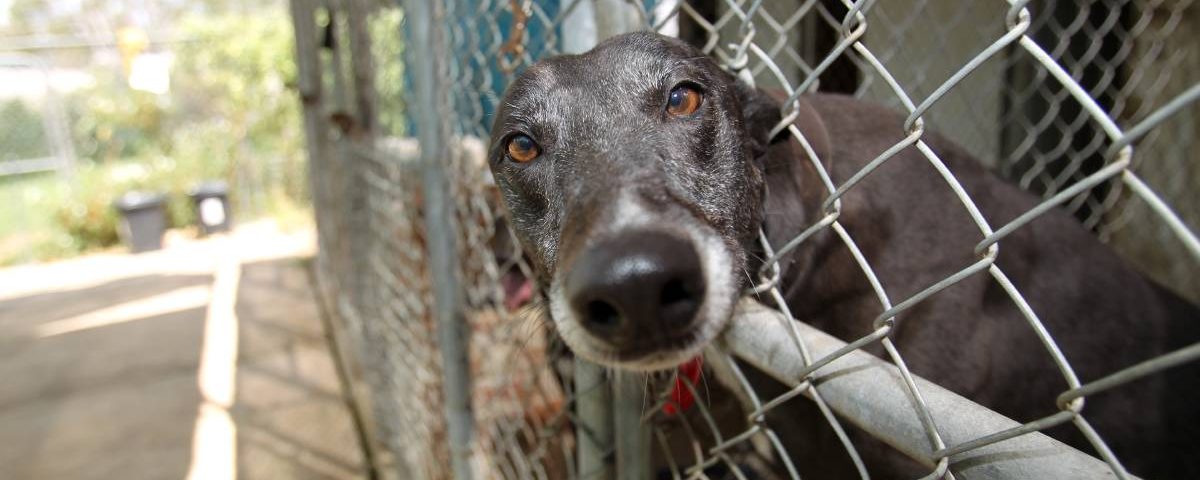by Alina Enbom
Coalition for the Protection of Greyhounds
Animal cruelty is an issue that has become increasingly prevalent in society, with countless cases being reported every year. Despite this, penalties for such behavior remain relatively light, often leaving offenders with little more than a slap on the wrist.
A recent study published in the journal Frontiers in Animal Science sheds light on the current state of animal cruelty penalties in Australia and highlights the need for stronger punishments. In this blog post, we will discuss the key takeaways from this study and explore why stronger penalties are essential for tackling animal cruelty.
The survey aimed to determine the attitudes and perceptions of Australians towards animal welfare and the enforcement of animal cruelty laws. Of the 2,152 participants, the majority believed that animal cruelty was illegal (87.5%) and that the criminal justice system should take animal cruelty seriously, particularly when the victim was a companion animal (65.0%).
When questioned about the most suitable enforcement agency for implementing animal welfare laws, the most frequent single answer was a new government department dedicated solely to animal welfare enforcement (39.8%). Other participants preferred an existing government agency (25.4%), a private charitable organization (23.0%) and the police (11.8%).
The researchers also found that despite being recognized as a criminal offence, animal cruelty penalties are often light and fail to provide adequate punishment for the severity of the crime. Even more concerning is the fact that repeat offenders often receive the same penalty as first-time offenders, indicating a lack of progression in the legal system.
Penalties vary significantly depending on the type of animal involved, with dogs receiving harsher penalties than cats, despite both being recognized as domestic animals. This disparity in punishment raises questions about the value placed on different species and highlights the need for a more equal approach to animal welfare.
Perhaps the most concerning finding from the study was the high rate of re-offending. Nearly a quarter of the offenders analyzed had previously been convicted of animal cruelty, indicating a failure of the legal system to effectively deter such behavior. This highlights the need for stronger and more consistent penalties, as well as better education and awareness surrounding animal welfare.
As members of society, we all have a role to play in tackling animal cruelty. Writing to our local MP to highlight the importance of stronger penalties is one way we can make a difference.
Without public pressure, it is unlikely that significant changes will be made in the legal system. This is why it’s so important for all of us to use our voice and vote so that animals are given the protection they deserve and that those who commit acts of cruelty are held accountable for their actions.
